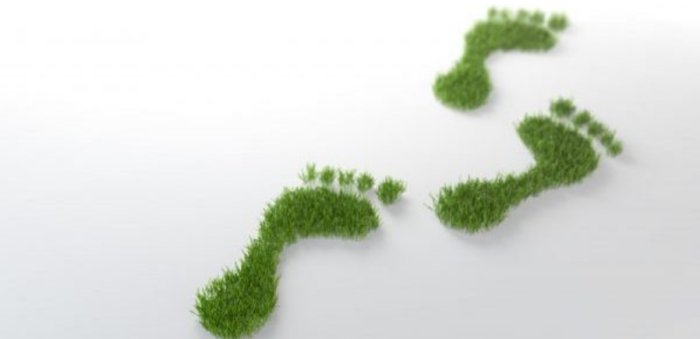In H-vision sixteen parties, mainly from the port of Rotterdam industrial area, partner in a study to explore the large-scale production and application of blue hydrogen in the Rotterdam industrial area. The goal is to supply decarbonized energy by replacing natural gas and coal with blue hydrogen. It is also studying how residual gases from the refining and chemical industry can be utilized to further enhance sustainability.
Mainly, blue hydrogen will help industry to deliver a substantial reduction of CO2-emissions and accomplish the Dutch climate goals with a step change in the energy transition before 2030.
[smlsubform prepend=”GET THE SAFETY4SEA IN YOUR INBOX!” showname=false emailtxt=”” emailholder=”Enter your email address” showsubmit=true submittxt=”Submit” jsthanks=false thankyou=”Thank you for subscribing to our mailing list”]
Blue hydrogen is produced from fossil fuels with carbon capture and storage to reduce the carbon footprint. It is expected to be used for building heating and industrial processes.
Moreover, H-vision will enable the maritime industry to invest in a sustainable future.
Blue hydrogen infrastructure and installations are leading the way for a hydrogen economy based on green hydrogen, obtained from water using solar and wind-energy driven electrolysis.
According to Port of Rotterdam Authority, potential CO2-emissions reductions of 2 megatons per annum in 2025, rising to 6 megatons per annum in 2030 are credibly expected.
Concluding, the pones taking part in H-vision are Deltalinqs, TNO, Air Liquide, BP, EBN, Engie, Equinor, Gasunie, GasTerra, Linde, OCI Nitrogen, Port of Rotterdam authority, Shell, TAQA, Uniper and Koninklijke Vopak. Together they represent the hydrogen value chain, from production to end-users.































































